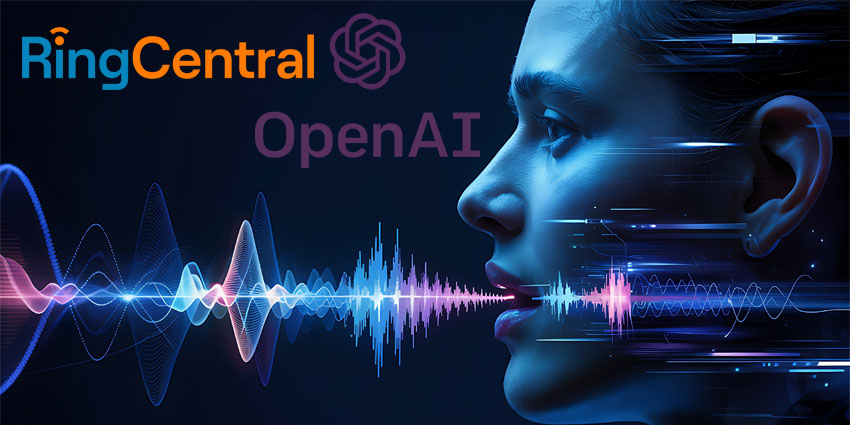Salesforce cofounder and CTO Parker Harris has reportedly been named Slack‘s new CTO, replacing the outgoing Cal Henderson.
As reported by Fortune, Henderson, also Slack’s cofounder, is to step down effective immediately but stay in post until March 1. Harris is set to refocus his Salesforce responsibilities towards Slack, and it is unclear who will replace him as Salesforce CTO for now.
The recent C-suite shakeup, as capped off by the change at CTO, means that all of Slack’s original founders will no longer be with the business.
Slack’s founding CEO, Stewart Butterfield, announced he was leaving the collaboration business in December 2022, less than two years after the Salesforce acquisition was announced.
Butterfield’s successor, Lidiane Jones, lasted less than a year before taking up the equivalent role at dating platform Bumble. Jones was previously an Executive Vice President and General Manager at Salesforce, having joined the company four years earlier.
Slack’s new CEO, Denise Dresser, had 12 years of Salesforce experience behind her before taking up the top job at Slack. She was credited with excelling in leadership roles of growing responsibility while improving task-driven, high-performance teams. Salesforce said Dresser had a “passion for product-driven customer success, collaborative leadership and mentoring future women leaders and top talent”.
After Dresser’s appointment, three Slack executives, including long-term COO Neil Shah, departed. Shah was replaced as COO by another Salesforce executive, Sarah Walker.
The only current Slack senior executive in post before the acquisition and without being a Salesforce employee is Chief Product Officer Noah Weiss, who has been with Slack for eight years.
A Salesforce spokesperson commented to Fortune about Henderson leaving the company:
I think there’s an average amount of time that founders stay after an acquisition, and this is way longer than that. This was not a surprise. This was something that’s been talked about for quite some time.”
Henderson’s departure and Harris’s arrival was reportedly revealed through an internal message last Friday, January 12, and was preceded by confusion around hiring strategy. Fortune reported that a memo from Henderson’s chief of staff suggested a severe hiring freeze had been introduced for Slack, but a Salesforce spokesperson stated this was a miscommunication and that it would hire “strategically.”
Salesforce and Slack
Salesforce originally announced its deal to acquire Slack in November 2020 for $27.7 billion, with the acquisition rubberstamped in July the following year. The agreement featured Salesforce integrating Slack’s technology into its Customer 360 CRM suite.
However, there have been reports of cultural friction during the integration of both companies. Fortune said it had obtained an audio recording of a Slack last January just before Butterfield departed, where the outgoing CEO allegedly commented: “The problem has been, there’s no incorporation of the Slack culture into the Salesforce culture. And unless there is some element of that, then it’s not integration in any sense. It’s just the elimination.”
In 2022, Salesforce moved Slack’s employee base from its refurbished San Fransisco HQ to the parent company’s Salesforce Twoer headquarters.
Salesforce and Slack’s Year of AI
Salesforce and Slack launched significant AI products or feature updates in 2023.
In May, Salesforce announced Slack GPT, a conversational AI tool to enhance business productivity. The technology utilised CRM and conversational data and introduced AI features into Slack, generative AI app integrations, and the functionality to leverage customer insights through the Customer 360 and Data Cloud.
Slack GPT followed the launch of Salesforce’s Einstein GPT, albeit Slack GPT suggested more advanced agent-assist innovations through the Service Cloud app than Einstein GPT.
In August, Salesforce launched Slack Sales Elevate, a customised sales home that integrated Slack’s platform with Sales Cloud and showcased AI-powered capabilities.
September was a significant month for Slack’s AI product range, with three new AI-powered productivity tools being revealed, including Slack AI, Slack lists and new automation capabilities.
The integration of Slack AI within the platform offers various tools, including channel recaps and thread summaries, enhancing communication and collaboration. Users can leverage Slack lists to efficiently monitor work tasks, manage requests, and oversee cross-functional projects, ensuring a clear and organised communication flow.
The new automation features enable all users to automate specific tasks irrespective of their coding expertise. The Taskflow Builder provides a user-friendly interface for connecting tools, creating a centralised hub for seamless access. For developers, the ability to build and deploy custom apps hosted on Slack adds another layer of versatility to the platform.
This focus on AI led to previous CEO Jones describing 2023’s AI moment as “amazing” while stressing that Slack’s access to unstructured data makes its AI features “so powerful”.







